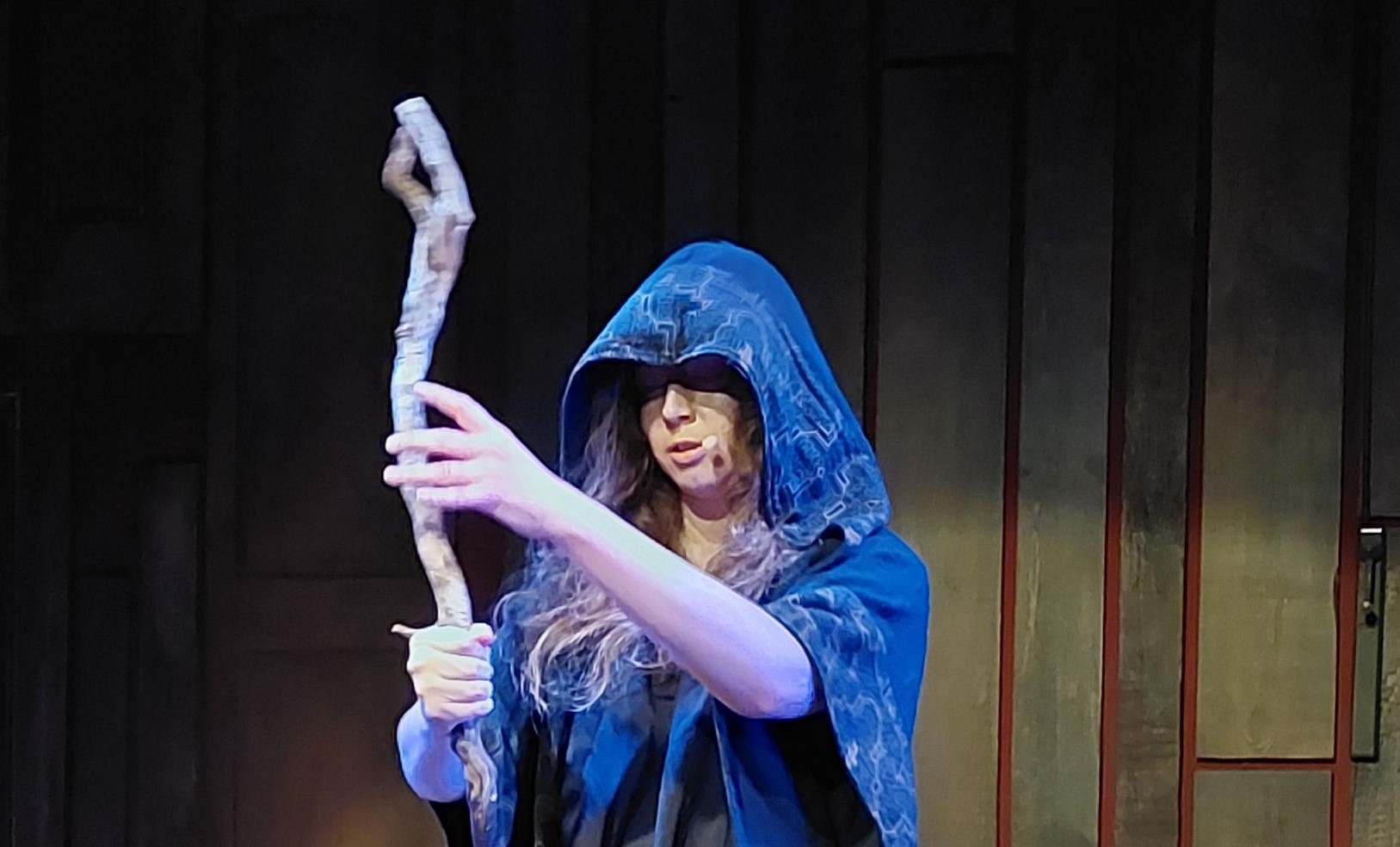Kevin Crossley-Holland will be reading from his newly-published Collected Poems in the Old Dining Hall at St Edmund Hall on Tuesday 3 March at 5:30pm.
Bringing together over five decades of work. Collected Poems celebrates one of Britain’s most admired and enduring voices. Kevin Crossley-Holland’s writing spans the landscapes of memory, myth and the human heart. Rooted in lived experience and rich in literary tradition, his poetry draws on folklore and the natural world to speak vividly to our own time. This landmark volume captures the full measure of his craft and imagination-a celebration of a lifetime devoted to words.

Kevin is a prize-winning poet, translator from Anglo Saxon (including Beowulf), re-teller of traditional tale (The Penguin Book of Norse Myths and Between Worlds: British Folk Tales), librettist and novelist for children, winning the Carnegie Medal for Storm and the Guardian Fiction Prize for The Seeing Stone, the first book in his Arthur trilogy.
He has collaborated with many composers, including Sir Arthur Bliss, William Mathias, Nicola LeFanu, Bob Chilcott , Bernard Hughes and Cecilia McDowall, and artists including Charles Keeping, John Lawrence, Norman Ackroyd and Chris Riddell.
He is a Fellow of the Royal Society of Literature, was a Fulbright Distinguished Visiting Professor and endowed chair in the Humanities in Minnesota from 1991 until 1996, and served as President of the School Library Association 2012-2017. He is a Fellow of the Royal Society of Literature and the Society of Authors, and an Honorary Fellow of Saint Edmund Hall, Oxford.
“Kevin Crossley-Holland is a master, a magician and commander of the language, the roots of whose work are deeply entwined with ancient patterns of truth and knowledge. I salute and venerate him.” Philip Pullman
“This is a fantastic collection, and I love it. His poetry is so very rich and so varied, and covers such an impressive amount of ground. There are anthems, war cries, memories, love songs and hymns to the glory of nature, all written in language that is clear, robust, and sometimes luminously, breathtakingly beautiful.” Joanne Harris
Entry is free and no need to register.


